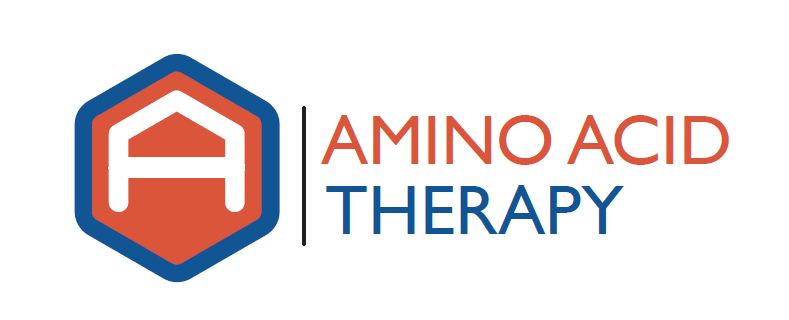The main excitatory neurotransmitters in the body are dopamine, norepinephrine, epinephrine and glutamate.
Dopamine plays a number of important functions in the brain. It is very important in the reward system whereby we feel pleasure, achieve heightened arousal and do much of our learning. Every type of reward that has been studied increases the level of dopamine transmission in the brain. A wide variety of highly addictive drugs, including cocaine and amphetamines (i.e., methamphetamine, “speed”, Adderall, Vyvanse, Dexedrine) act directly on the dopamine system. Dopamine also helps with focus, concentration and memory as well as motivation. Several important diseases are associated with dysfunctions in the dopamine system, including Parkinson’s disease, schizophrenia, restless leg syndrome and ADD/ADHD.
Norepinephrine is made from dopamine and plays many roles it the body. It along with epinephrine are responsible for the “fight-or-flight” response to stress, which increases your heart-rate, increases blood sugar and increases blood flow to the muscles to allow you to act or react to stressors. Norepinephrine also affects blood pressure and heart rate, although it’s most widely known impact is on alertness, arousal, decision making, attention and focus. Several ADHD medications, such as methylphenidate (Ritalin/Concerta), amphetamines (Adderall, Dexedrine) and atomoxetine (Strattera) are used to increase norepinephrine levels in the brain in an attempt to help improve focus and concentration. Other classes of drugs seek to modulate norepinephrine in the brain to improve depression, including venlafaxine (Effexor), duloxetine (Cymbalta) and bupropion (Wellbutrin).
Epinephrine (also known as adrenaline) is released in reaction to stress and is partially responsible for the “fight-or-flight” response. It affects a number of important functions, including heart rate, breathing and blood pressure. Imbalances in epinephrine can lead to “adrenaline junkies”, a term that is often used to describe people that seem to enjoy stress and stressful activities. Unfortunately, they also usually suffer from constant need for urgency, have trouble relaxing or sleeping and keep ‘the pedal to the medal’ as they race through life.
Glutamate is the most abundant excitatory neurotransmitter in the human brain. It plays key roles in cognitive functions like learning and memory. Imbalances in glutamate levels are associated with Alzheimer’s disease, seizures and forms of autism. Interestingly, glutamate is also used as a flavor enhancer in the form of monosodium glutamate (MSG).


It says,”Imbalances in glutamate levels are associated with AD, seizures and forms of autism”
Is that a Low imbalance or high?
Hi John – thanks for the comment/question. Unfortunately, your question doesn’t have a “too high or too low” answer, as it is often thought to be dsyfunction in the glutamate receptors that is in play.
With Alzheimer’s and seizures, excess glutamate is thought to be the issue. With autism it could be either. New research is coming out regularly in this area, but here are some more articles for your review: https://www.ncbi.nlm.nih.gov/pmc/articles/PMC5791143/, https://www.ncbi.nlm.nih.gov/pmc/articles/PMC4134390/, https://www.ncbi.nlm.nih.gov/pubmed/7970002.
Sincerely,
Dr Chad
Isn’t glutamate the VERY bad for us ingredient of MSG, like in Chinese food, which often makes us feel AWFUL ???
Hi Angela,
It is, and it may also be one of the reasons that MSG may elicit so many potentially damaging effects on human health. Glutamate acts as an excitatory neurotransmitter in the brain, which means that it speeds up the flow of information. It is possible that too much glutamate can damage neurons, resulting in dysfunction. In some cases, permanent damage can occur (a phenomenon called neurotoxicity). Although there have been no verified studies on MSG to document this effect, there are plenty of cases out there where people have exhibited signs and symptoms of neuronal damage after consuming MSG that warrants further investigation.
Just as a side note, it is also possible that the reactions felt by at least some of these people are due to immune (hypersensitivity) or non-immune (intolerance) reactions to MSG.
I hope this helps –
Dr Chad